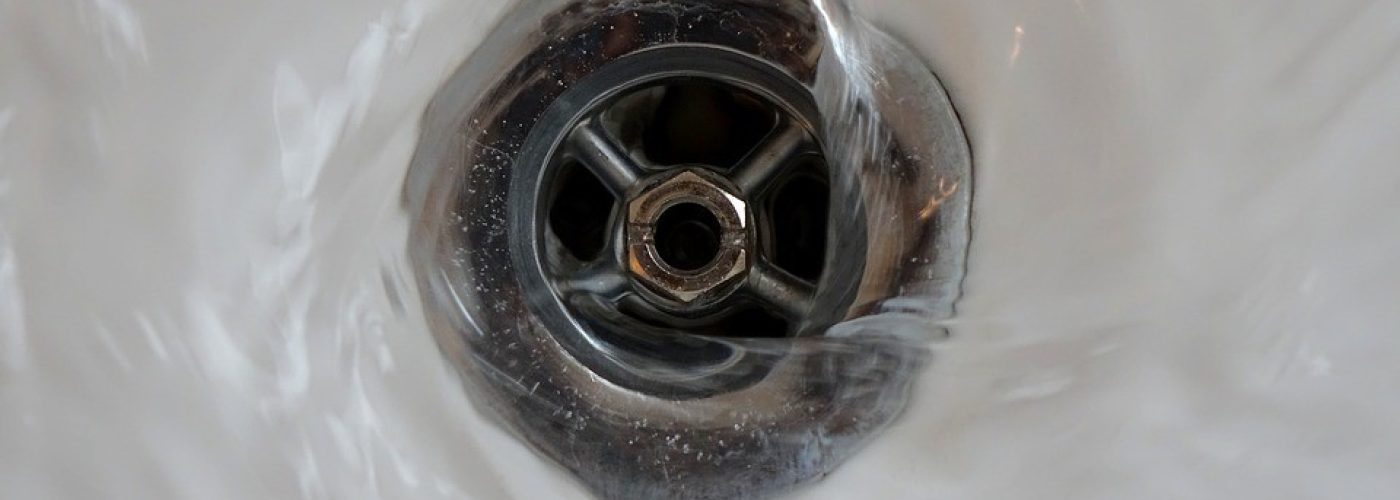When it comes to sewer and septic systems, most of us would rather “flush it and forget it”, and this is a technique that we adopt…….until a problem arises.
When the stuff hits the fan, and you find yourself with a spongy, smelly lawn, drainage problems and slow draining sinks and hard to flush toilets, your septic situation has reached its breaking point, and it’s time to call in experts for drainage help and repair, which can be quite costly.
To avoid a huge septic system overhaul and a resulting large bill in your future, consider some simple things you can do at home–routine maintenance, if you will–to prevent septic disasters from happening in and around your home.
How Do I Know When I Have Septic System Issues?
Here are some telltale signs that your septic system needs some extra attention:
- Gurgling pipes. If your pipes sing more than you do in your morning shower, chances are that you are experiencing a backup somewhere along the line. Healthy pipes are quiet pipes; have this issue looked into as soon as possible.
- Slow flushing toilets. The occasional bathroom clog is to be expected, but a toilet that is regularly backing up and not flushing without the assistance of a plunger is a sign of a larger problem.
- Slow drains. Slow draining sinks, baths, and showers are an indicator that your system is draining slower than usual. Making sure that extra items don’t accidentally find their way into your sewer system, like children’s toys, excess food and trash, and bathroom waste other than septic approved toilet paper will ensure that you maintain a good healthy flow away from, not into, your house.
- Water backup. Water backup anywhere in the house, in a sink, tub, shower, or in the floor drain near the washing machine is an indication that something is plugged and failing to drain. This is one of the worst symptoms of system failure; contact an expert for excavation as soon as possible.
- Bad odors. Do you smell rotten eggs in the basement? Something’s not right, and excessive odors can lead to respiratory problems if not addressed.
- Greener grass near the drainage tank. Greener grass means that those patches are getting the benefit of extra “fertilizer”, which is an indication that there may be a leak in your septic system.
- Standing, smelly water. A spongy lawn or patches of standing water on the lawn are a sanitation issue, and these patches must be drained and cleared off so that your septic system can function normally once more.
What Can I Do to Prevent Disasters?
There is no need to experience these unsavory conditions in and around your home; implementing a few simple preventative measures will ensure that your septic system maintains its integrity in between professional cleanings:
Pump it out regularly
Routine pumping is essential to clear the way for new waste. There will ALWAYS be an abundance of waste, so maintaining the health of your system by pumping it out every one to three years will keep things “moving along the pipe”.
Responsible flushing
Perhaps the biggest culprit to a faulty septic system function is the disposal of improper items down the toilet. Items like cosmetic and baby wipes, cotton balls, feminine hygiene products, and paper towels should never be flushed. Use only septic system approved toilet paper, and keep a close eye on those little children’s toys–they are sneaky!
Inspect your drainage field
While your grass in the drainage field may be a lovely shade of green, that is not an indicator of septic system health. Areas that are soft, spongy, and contain standing water indicate that there are issues with the system. Odors accompanying excess moisture are also an indicator that trouble is brewing; at the first sign of a spongy lawn or offensive odor, call in septic experts to assess the problem.
Add an automated detection system
Installing a liquid level sensor in your septic tank will allow you hands free monitoring of your septic tank. When the liquid reaches dangerous levels, your system will indicate to you that attention is needed. Providing an early detection system will give you time to plan your cleanup strategy.
Keeping on top of your septic system by looking for signs of slow drainage, leakage, or damage to the drainage field will ensure that you maintain its integrity for years to come. When in doubt, call in the experts for an assessment of your system and its unique needs.





